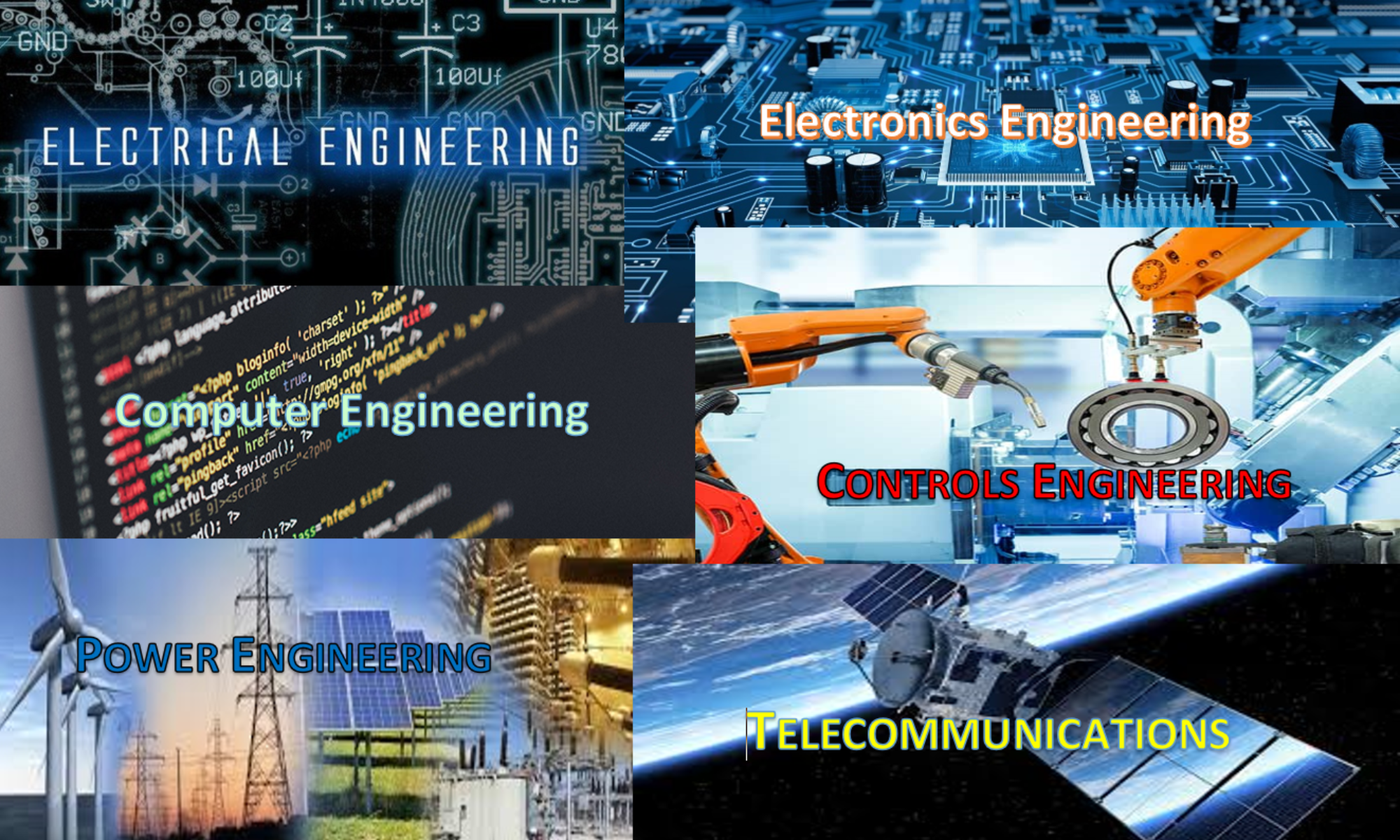Electrical engineering is a highly technical pursuit that sits at the nexus of software and hardware development. Electrical engineers can design components and electronic systems for industrial machinery and consumer gadgets, and will often work in collaboration with manufacturers and designers to bring new electronic devices to market. There is also a huge hobbyist community of amateurs and professionals who advocate do-it-yourself electronics projects as a great way to learn about the inner workings of many of the household machines that people use every day. The electrical engineering occupation can be quite technically challenging and requires a great deal of mathematics and physics knowledge, but the financial and personal rewards for succeeding in this field are great.
What is an Electrical Engineer?
EducatingEngineers.com is a good resource for electrical engineers and the various degrees / careers associated with electrical engineering.
What is an Electrical Engineer?
Electrical engineers study electronics, electromagnetism, and the application of electricity. The products they develop are used in medical technology, game systems, cell phones, robotics, cars, green technologies, and navigation systems, just touching lightly on the list.
Nearly everything that defines modern civilization is linked to electrical engineering. These engineers work in labs, offices, and industries. They develop systems for power generation, transmission, and distribution—have you heard about “the grid?”
In addition to the subjects mentioned above (and still touching only briefly on the scope), this expertise covers power switches (solar, wind, geothermal), design of power systems, and architectural planning. Electrical engineering is behind the development of every electronic thing within your grasp.
Electrical engineers focus on computer systems design, components, and processes. They incorporate research or management using specialized, hands-on knowledge and dealing with public, private, and academic sectors. They are dedicated to continuing education, on-the-job learning, leadership, and applying new techniques to new situations.
The sciences of physics and mathematics are fundamental to this profession, but technical focus accounts for only a fraction of this work. Making proposals to clients, preparing budgets, and calculating project schedules consumes much of these engineers’ time. Senior-level engineers often manage a team, so project management skills and strong communication skills are vital.


